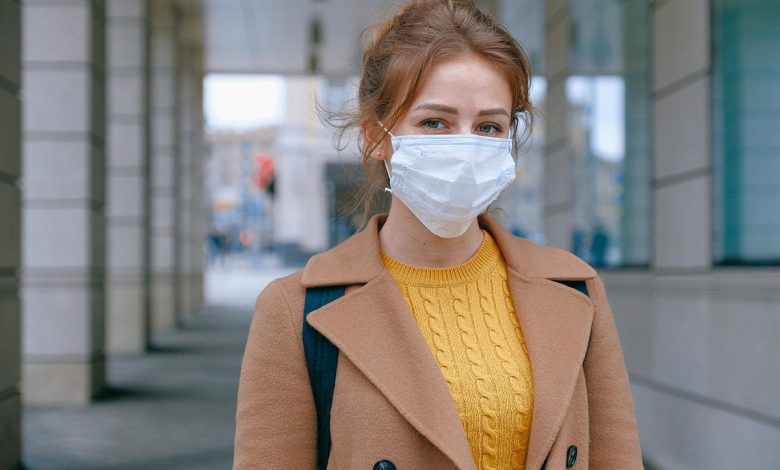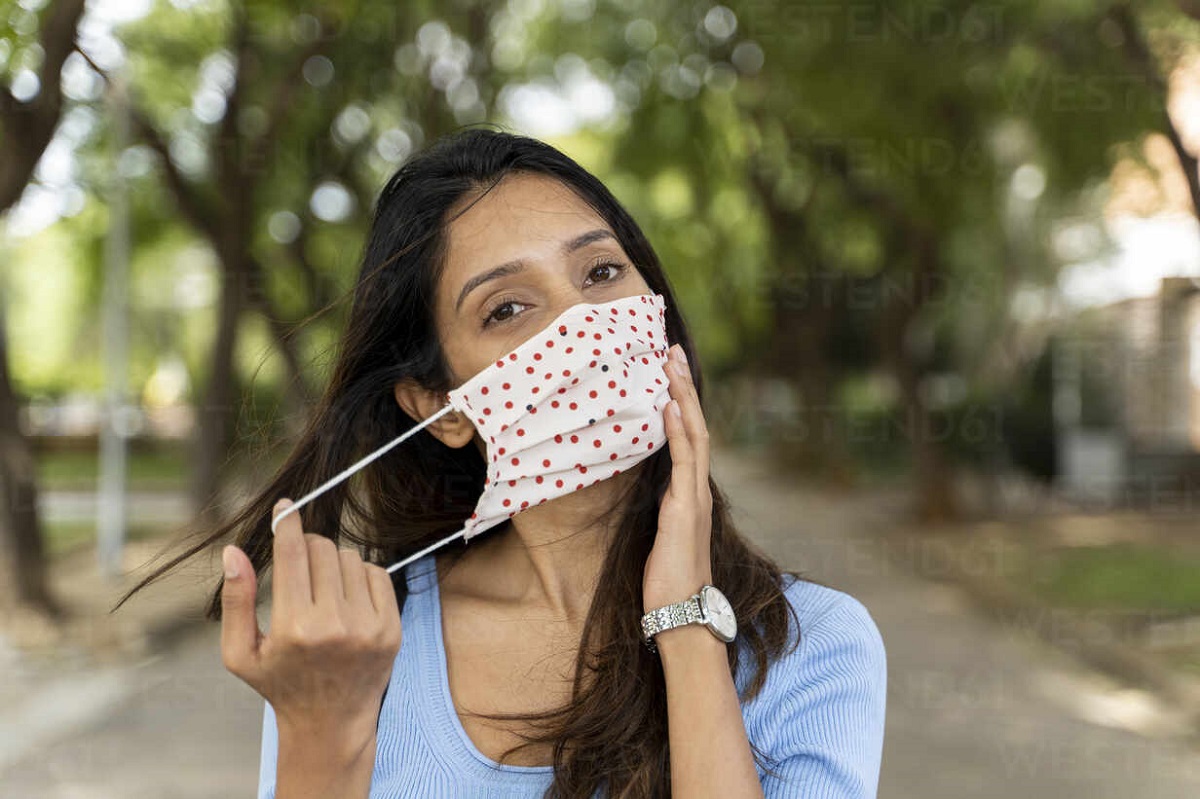Will COVID-19 Still Exist In 2025?

COVID-19: The COVID-19 pandemic, which began in late 2019, has affected every facet of life globally.
With the rapid development of vaccines, strict public health measures, and advancements in medical research, it may seem as though the worst of the pandemic is behind us. However, the question arises: will COVID-19 still be around in 2025?
The Current State Of COVID-19

As of now, many countries have made significant progress in managing the pandemic, thanks to widespread vaccination campaigns, public health measures, and the development of antiviral drugs. The virus has mutated into several variants, with some proving to be more contagious but less deadly than the original strain. However, the virus remains unpredictable, and its long-term trajectory is still unclear.
While some countries have largely returned to pre-pandemic conditions, others continue to battle COVID-19 in its various forms. The development of herd immunity, through both vaccination and natural infection, has reduced the severity of the disease for many, but it has not eliminated the virus entirely.
Evolution of the Virus
The mutability of viruses like SARS-CoV-2 is one of the reasons why COVID-19 might persist beyond 2025. Viruses evolve over time, and new variants may emerge that are more transmissible or potentially resistant to existing vaccines. This could mean that COVID-19 continues to circulate in some form, with seasonal outbreaks similar to the flu.
The virus may eventually become endemic, meaning it will continue to circulate in the population at lower, more manageable levels, causing periodic outbreaks rather than a full-scale pandemic. This is what has happened with other coronaviruses, such as those that cause the common cold.
Even if the virus becomes endemic, it could still result in some morbidity and mortality, though it may be less severe than the earlier waves of the pandemic due to the development of more effective vaccines and treatments.
Vaccination And Treatment
The development of vaccines and treatments has been a game-changer in the fight against COVID-19. As of 2023, multiple vaccines are available, and booster shots are offered to ensure continued protection against emerging variants. The development of antiviral treatments, such as Paxlovid, has also helped to reduce the severity of illness in those who are infected.
By 2025, it is likely that further advancements in vaccine technology and antiviral drugs will occur, making the management of COVID-19 more effective. With ongoing vaccination campaigns and public health efforts, the global population may achieve a higher level of immunity, making widespread transmission less common.
However, vaccination rates are not uniform across the globe, and access to healthcare varies significantly. While some regions are well-protected, others may continue to struggle with vaccine distribution and pandemic management. This disparity could contribute to ongoing challenges in eradicating or fully controlling the virus worldwide.
The Role Of Global Health Infrastructure

One of the major factors that will determine whether COVID-19 persists in 2025 is the state of global health infrastructure. While many countries have made great strides in improving their healthcare systems during the pandemic, others still face significant challenges. A robust healthcare infrastructure is crucial for managing COVID-19 outbreaks, providing timely treatment, and ensuring that vaccines and medical supplies are distributed effectively.
International cooperation and strong health systems will be essential to preventing new variants from emerging and to controlling the virus globally. The lessons learned from the COVID-19 pandemic could lead to stronger, more unified efforts to combat future pandemics.
Public Health Measures And Human Behavior
Another crucial factor in determining the future of COVID-19 will be public health measures and human behavior. Mask-wearing, social distancing, and good hygiene practices have all played important roles in controlling the spread of the virus. Even in a world where vaccines and treatments are available, these behaviors may continue to be necessary in certain situations to reduce transmission.
Public attitudes toward vaccination and personal responsibility will play a significant role in the ongoing battle against COVID-19. Misinformation and vaccine hesitancy could hinder progress in controlling the virus, particularly in regions where these issues are prevalent. Public health campaigns and education will be critical in ensuring widespread compliance with measures to prevent the spread of the virus.
Also Read:
The Impact Of COVID-19 On Cognitive Function: Can It Reduce IQ Levels?
The Importance Of Maintaining Good Health: A Comprehensive Overview




